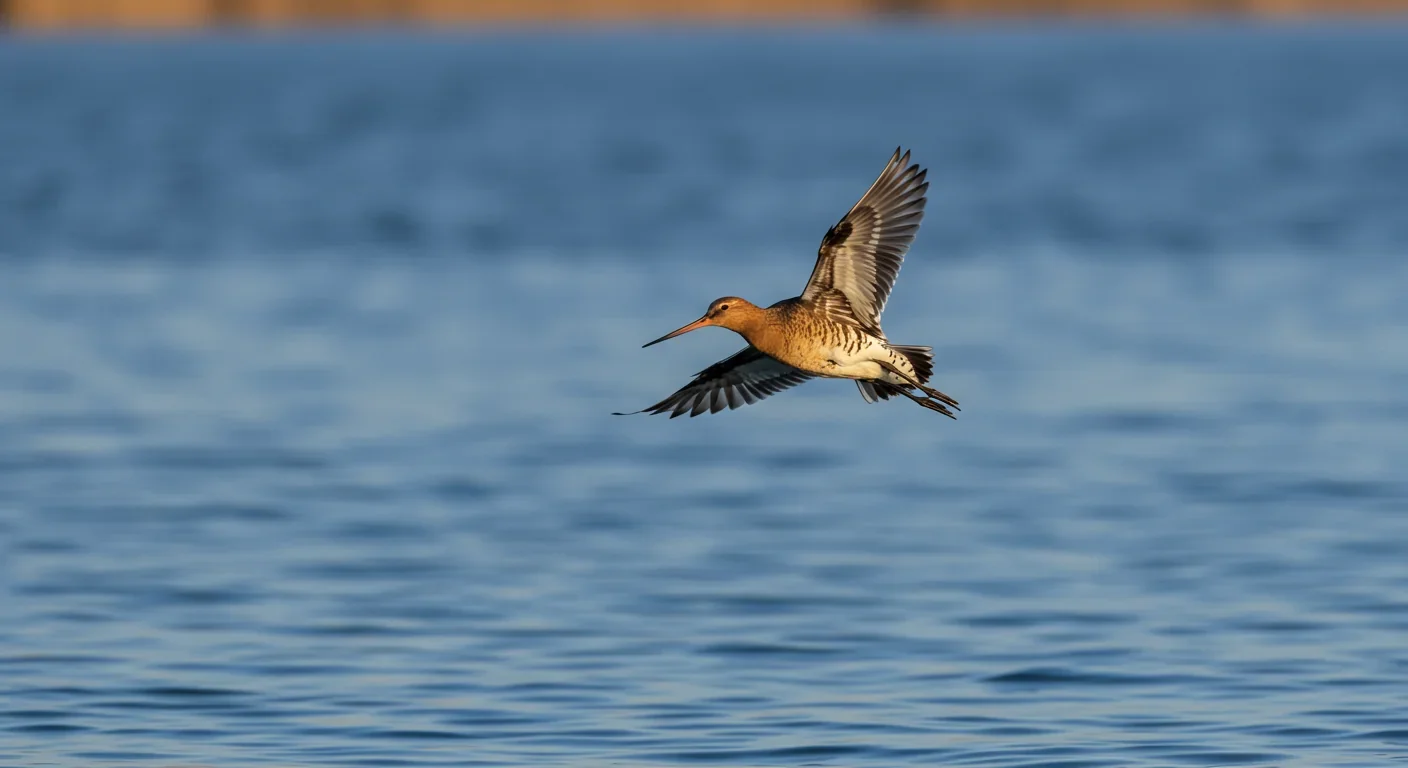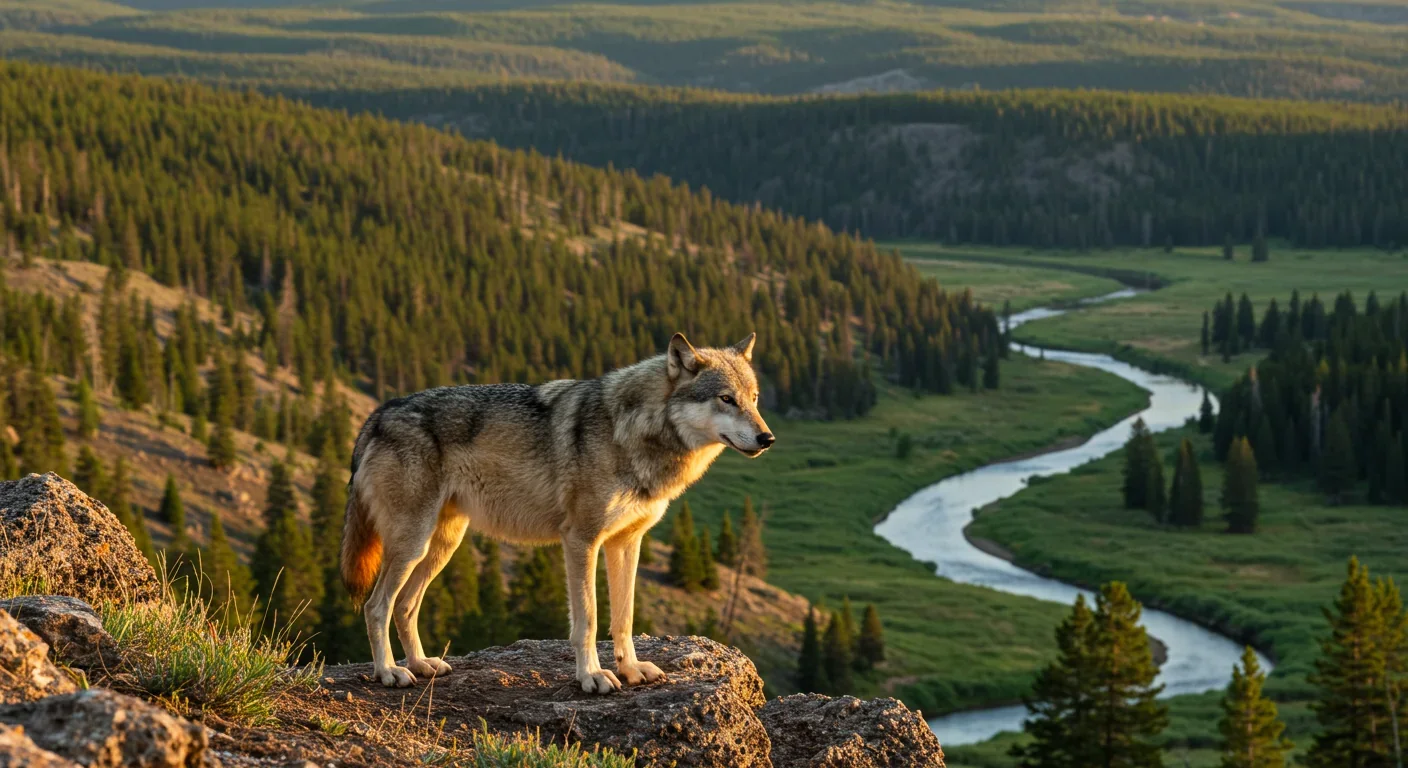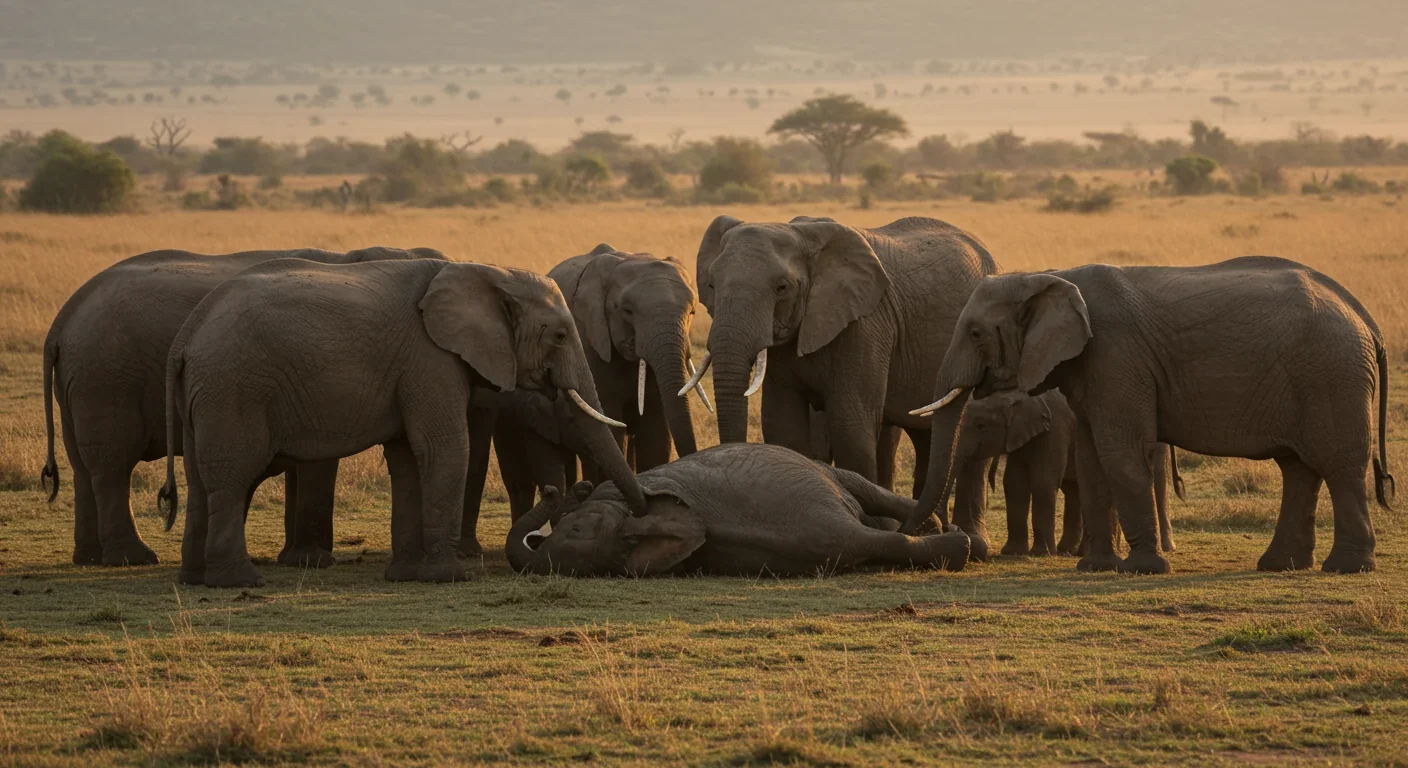How Animals Navigate Without GPS: Nature's Quantum Compass
Animals navigate thousands of miles using quantum compasses, magnetic crystals, star patterns, ocean currents, and even seismic vibrations - navigation systems millions of years in the making. Recent research reveals how birds see magnetic fields through quantum mechanics, how bacteria optimize navigation with mathematical precision, and how elephants listen to thunderstorms through their feet. But human activity - light pollution, electromagnetic interference, habitat loss, and climate change - is...


